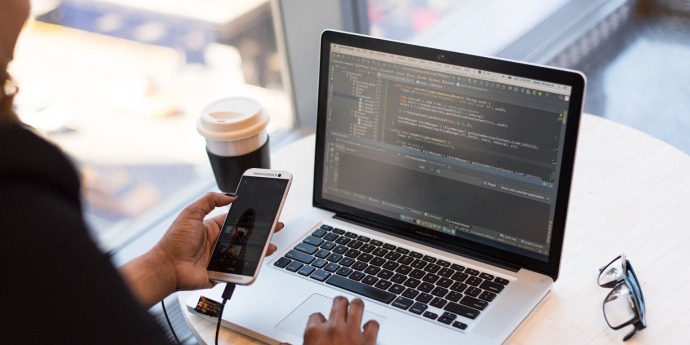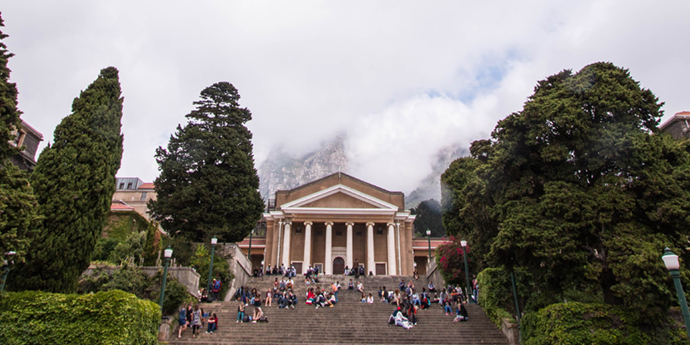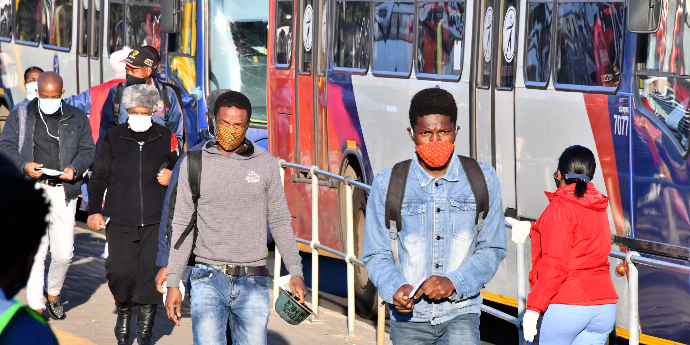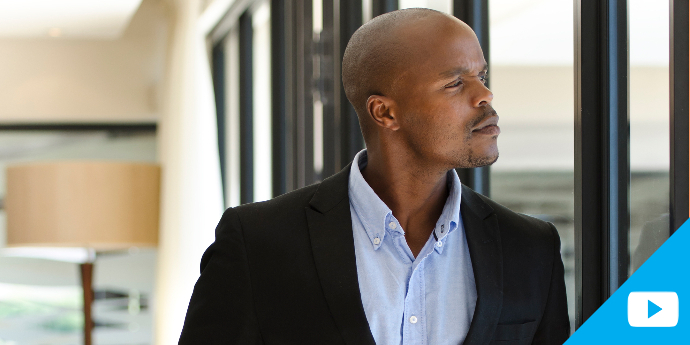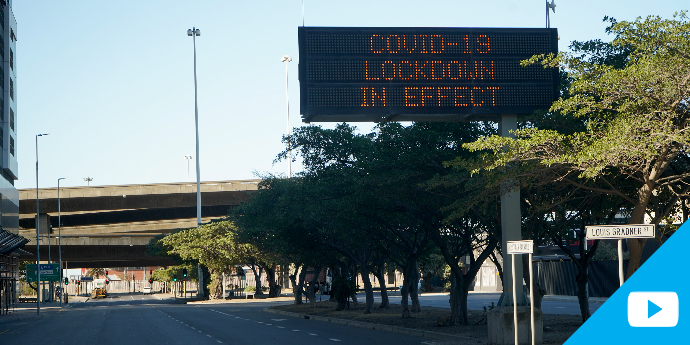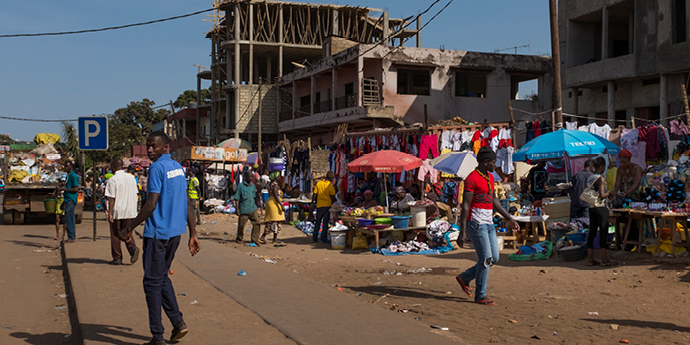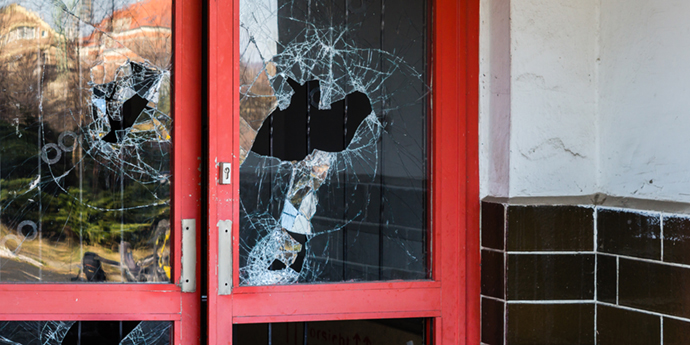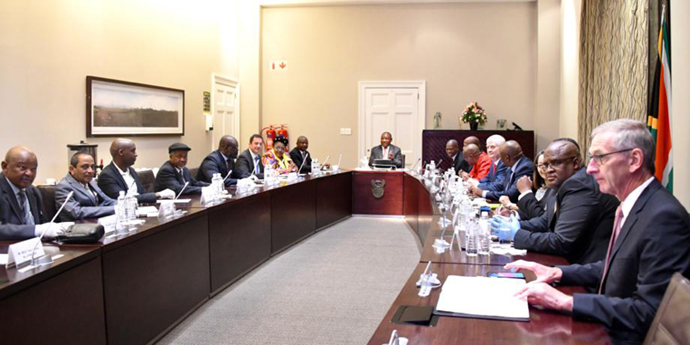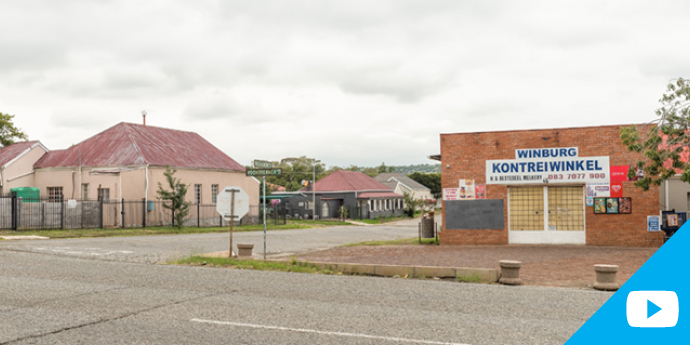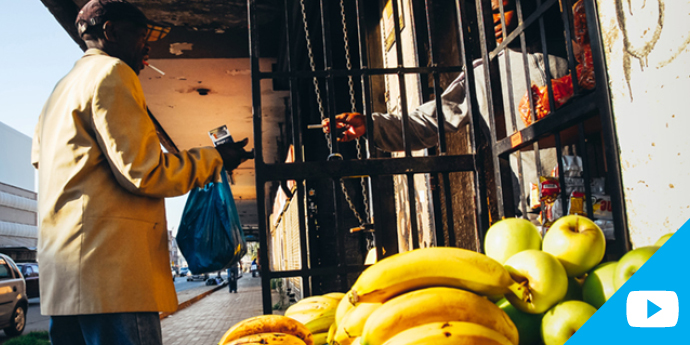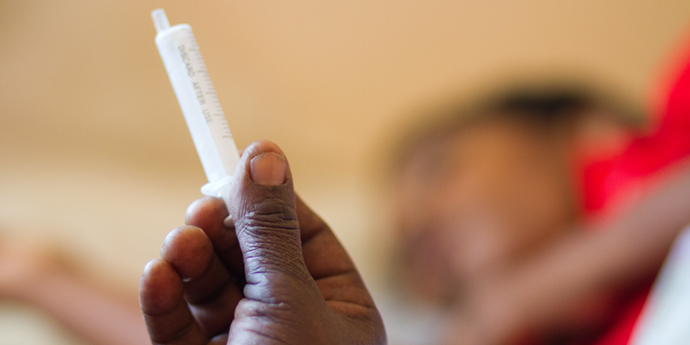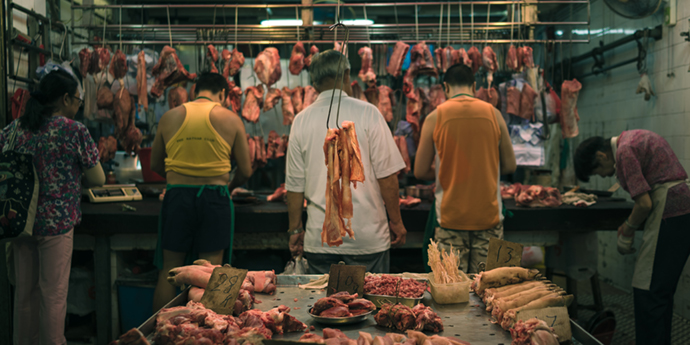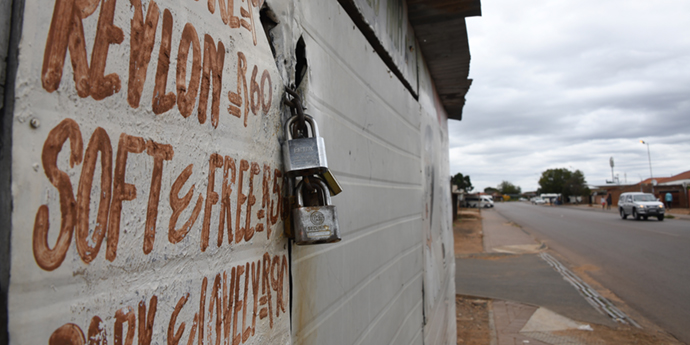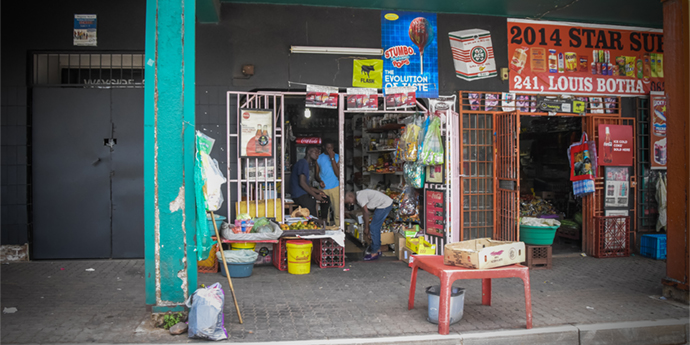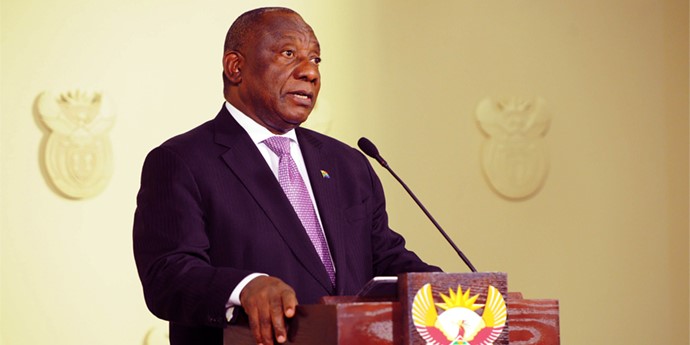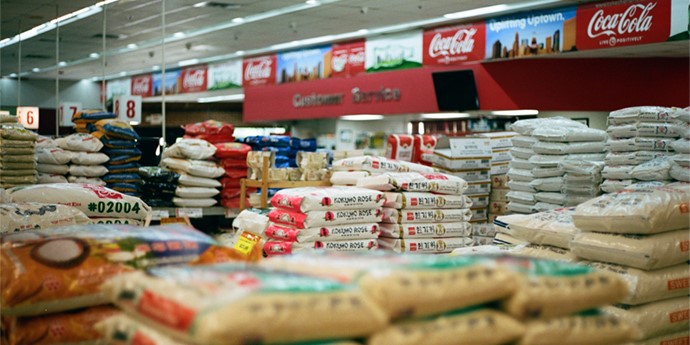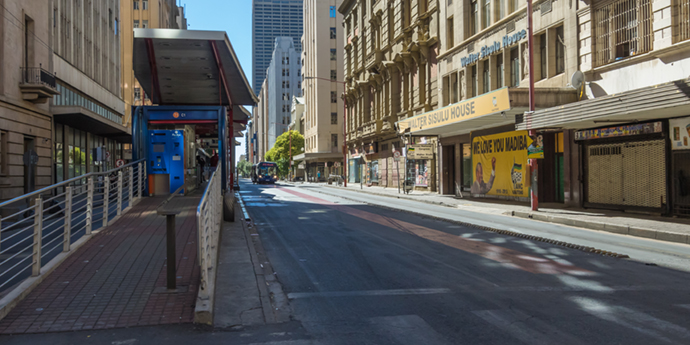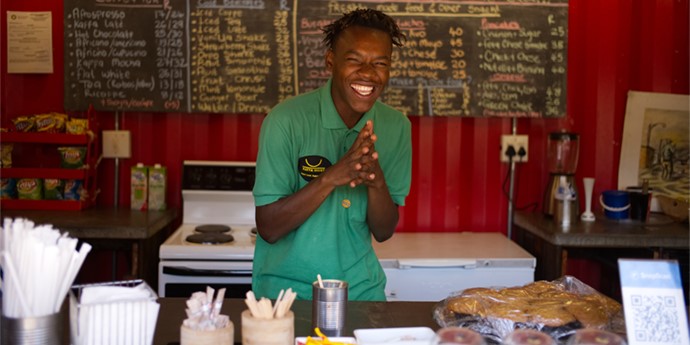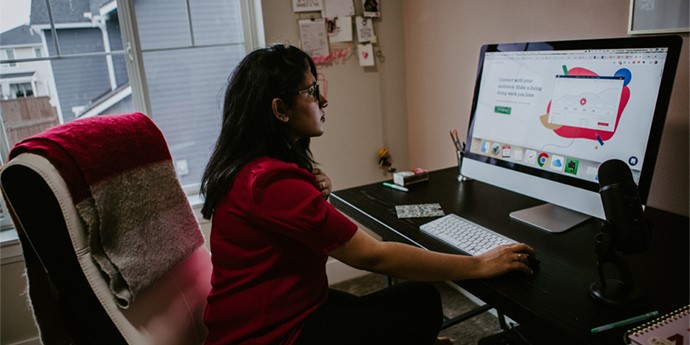South African organisations have made great strides in achieving more diversity and transformation. However, too many people still feel excluded in workplaces.
New research shows that while South African organisations have made great strides in achieving more diversity and transformation, too many people still feel excluded in workplaces — and this has significant impacts for productivity and company performance.
South Africa celebrated its 26th Human Rights Day on 21 March in the midst of a health pandemic. While the country is understandably preoccupied at this point with curbing the spread of COVID-19, it is worth pausing to take stock of how far we have come in over a quarter of a century since democracy in respect of the Constitution of the Republic of South Africa, 1996 - Chapter 2: Bill of Rights, which deals with the right of people to be treated equally and not be discriminated against on grounds of race, gender, sex, ethnic or social origin, age, sexual orientation, culture, and language.
While we have made progress towards building a more inclusive society since the days of segregation under Apartheid, our research finds that in the workplace at least, we are still far from achieving the human rights goals espoused since the birth of democracy. In these contexts, it appears that we have moved from a fight against dehumanisation to one of tackling deculturalisation and defeminisation.
Expressions of Exclusion
Many South Africans continue to feel the hangover from Apartheid regarding their race. Some feel they weren’t white enough under Apartheid and are subsequently not black enough in post-Apartheid South Africa, while others fear an era of reverse racism, triggering a brain drain for the country.
Despite legal protection from discrimination, protected groups continue to feel excluded. B-BBEE (Broad-Based Black Economic Empowerment) may have improved diversity in many organisations, as well as within the workforce of their vendors and suppliers, but it has not resulted in individuals necessarily feeling fully accepted or included. The consequence of this is that employees attempt to acculturate to the dominant culture in a company. For instance, Black employees may choose to watch rugby or take up cycling to fit in, changing their accents, suppressing their own heritage, cultures and interests — even engaging in skin whitening and straightening of their hair to more closely resemble the dominant and economically powerful White group. This deculturalisation results in tension within one’s own psyche leading to guilt of abandoning one’s heritage, struggles for merging values and behaviours, and even leading to the splitting of personality to form dual identities.
Women also continue to struggle with workplace inequality, citing examples ranging from conscious sexual harassment and sexist jokes, to unconscious bias and micro-aggressions ̶ where colleagues discriminate against them without even realising it. Such exclusion leads to numerous psychological and behavioural effects ranging from discomfort and withdrawal to paranoia and depression, all of which have repercussions for productivity and can lead to a delay or even retrogression in career aspirations for women. It can also lead to defeminisation ̶ where women adopt typically masculine behaviours to break through the glass ceiling or to simply cope in a male-dominated environment.
Our research uncovered a vast number of additional reasons for employees feeling excluded; ranging from seemingly superficial reasons like not being deemed traditionally attractive or tall enough, to educational background and socio-economic differences. These are unprotected differences, hence those who experience them do not have the legal authority to challenge such discriminatory behaviour. Socially, many are silenced by shame because their colleagues do not experience the same daily challenges and do not experience being atypical and different from the currently dominant group in management and leadership positions.
Why enhance inclusion?
While some company executives may balk at the idea of spending more time and effort on integrating and engaging staff, it is helpful to point out that, quite aside from legal considerations — the costs of litigation for workplace bullying and harassment, brand damage, poor industrial relations and ultimately future difficulty in attracting prospective talent are things that no great company can afford — there are many business advantages to ensuring an inclusive work environment. Happy workers are more productive workers, companies with more diverse management teams have been shown to achieve 19% higher revenue. In general, greater diversity has been shown to reduce work errors and the need for rework, companies enjoy enhanced reputations, greater access to untapped talent, and access to and a greater understanding of new markets and stakeholders. These benefits are dampened when marginalised groups lean more towards efforts to adapt to the dominant culture of the organisation.
Tips to eliminate exclusion
South African organisations must step up to promote inclusion in the workplace. Making people feel included can be achieved in various ways. Workplace initiatives to deconstruct and redress historic power through progressive policies and procedures; managing risks and ensuring legal compliance; encouraging coherence between individual and organisational value systems; and providing resources and opportunities for employees to engage in deep, personal work around self-awareness and self-management can all promote inclusion from the top down, as well as amongst colleagues.
Greater flexibility in working conditions (remote vs. office working) for employees could also allow for more effective balancing of family roles with work and result in greater engagement and an increased feeling of well-being.
While company training programmes and policies can be effective in promoting inclusion, simple initiatives can also go a long way to make co-workers feel included. By becoming more attuned to identifying people who are feeling excluded, we can ensure inclusivity. For example, recognising if some co-workers are financially or time-wise not comfortable to join colleagues for a meal out, or identifying colleagues who may feel excluded at drinks at a pub as it contravenes their religious practices, and subsequently accommodating for their differences, can trigger inclusion. Instead, opting for a cup of coffee or having a chat in the office kitchen or canteen can allow more co-workers to join in.
Since the legislation for protecting marginalised groups exists, the responsibility of inclusion moves from the government to our leaders and, ultimately, to us. By offering a lift to someone who may need to take unsafe and unreliable public transport when working late on a project, we can show an understanding of different experiences in the workplace. It is the awareness that can allow for spotting colleagues who are excluded, and small acts of kindness to ensure they are accommodated for, that can trigger a team to gel and outperform those that do not.
As South African workplaces increasingly retreat to remote working in the face of the COVID-19 pandemic, these challenges are, if anything, going to be exacerbated. Employees from different walks of life will be working from communities that are vastly different and differently resourced. A thing as small as affordable and available internet connectivity cannot be guaranteed in our vastly unequal society.
Rising to the challenge
Inclusion goes to the heart of basic psychological needs: the need to be treated with dignity; to belong; to have a meaningful existence; and feelings of control and self-esteem. According to Maslow’s Hierarchy of Needs, once people have satisfied their physical needs of securing food and shelter, we move on to needing love and a sense of belonging, being valued and being self-actualised.
Inclusion is the next challenge for South Africa, and it’s worth rising to. Because it is only in achieving greater inclusiveness and integration in our workplaces that we can we can make a much bigger contribution towards securing the democratic values of human dignity, equality, and freedom for all South Africans that we dreamed of 26 years ago!
Professor Kurt April is the Allan Gray Chair and Professor in Leadership, Diversity & Inclusion and Dr Babar Dharani is a Senior Lecturer in the Allan Gray Centre for Values-Based Leadership both at UCT’s GSB. More information on this research can be found in the forthcoming book: Exclusion: The Psychological and Behavioural Effects due to be published later in 2020.




